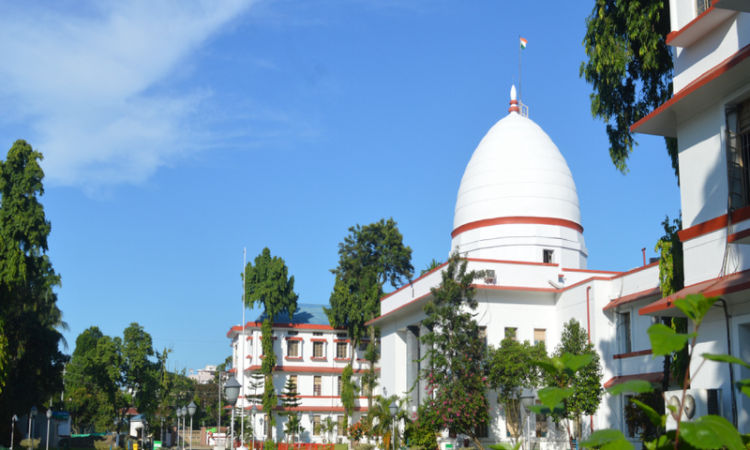Foreigners Tribunals Declared Almost 85% Proceedees Indian Citizens: Gauhati High Court Directs State To Probe
Udit Singh
30 Nov 2023 3:35 PM IST

Next Story
30 Nov 2023 3:35 PM IST
The Gauhati High Court has directed the Assam Government to conduct a departmental review and take appropriate measures in cases where Foreigner Tribunals had declared proceedees/applicants as citizens of India or foreigners without any analysis of the materials on record or any proper reasoning for such declaration.Upon observing such a trend in orders by the foreigner tribunals merely...
